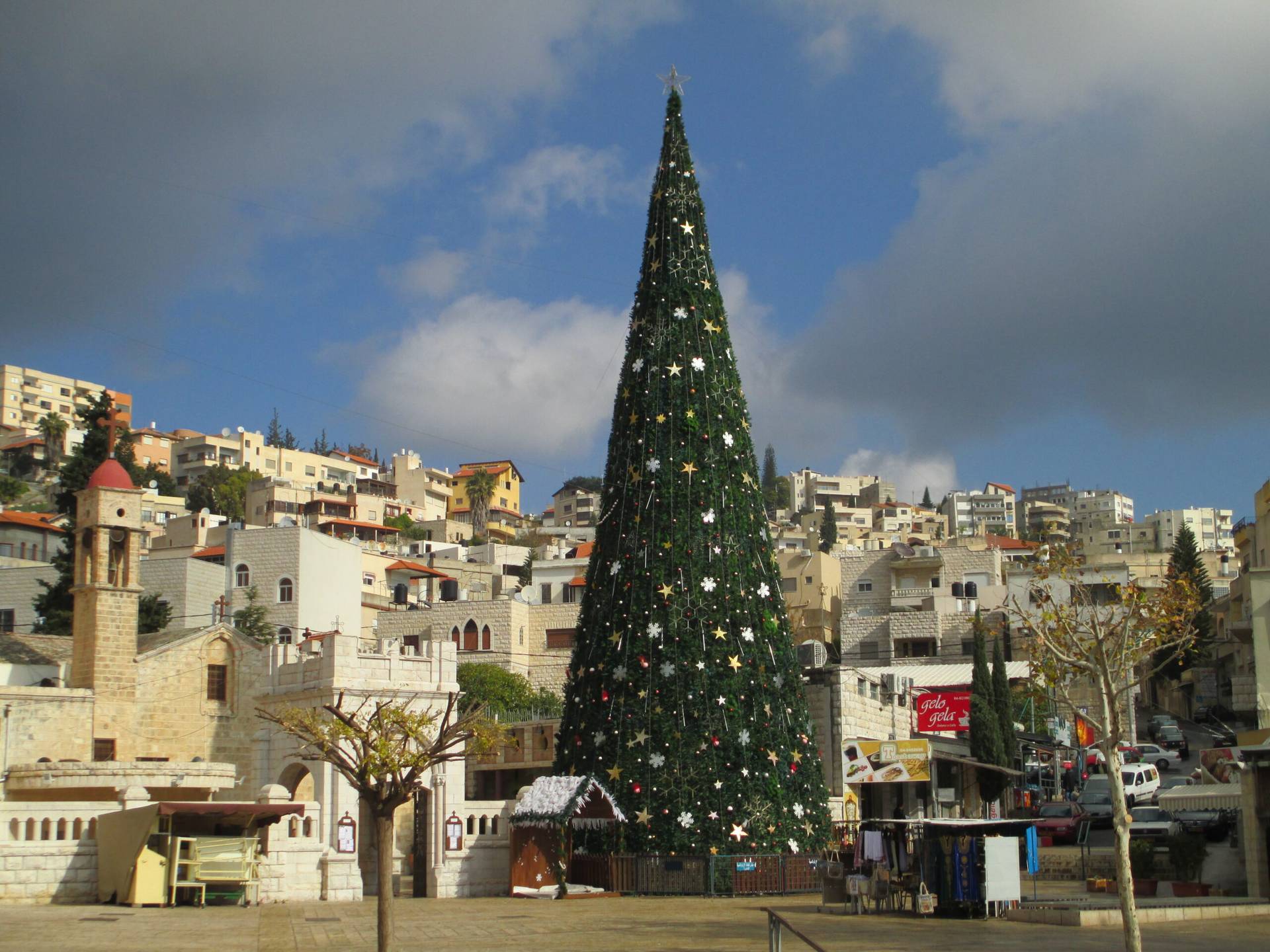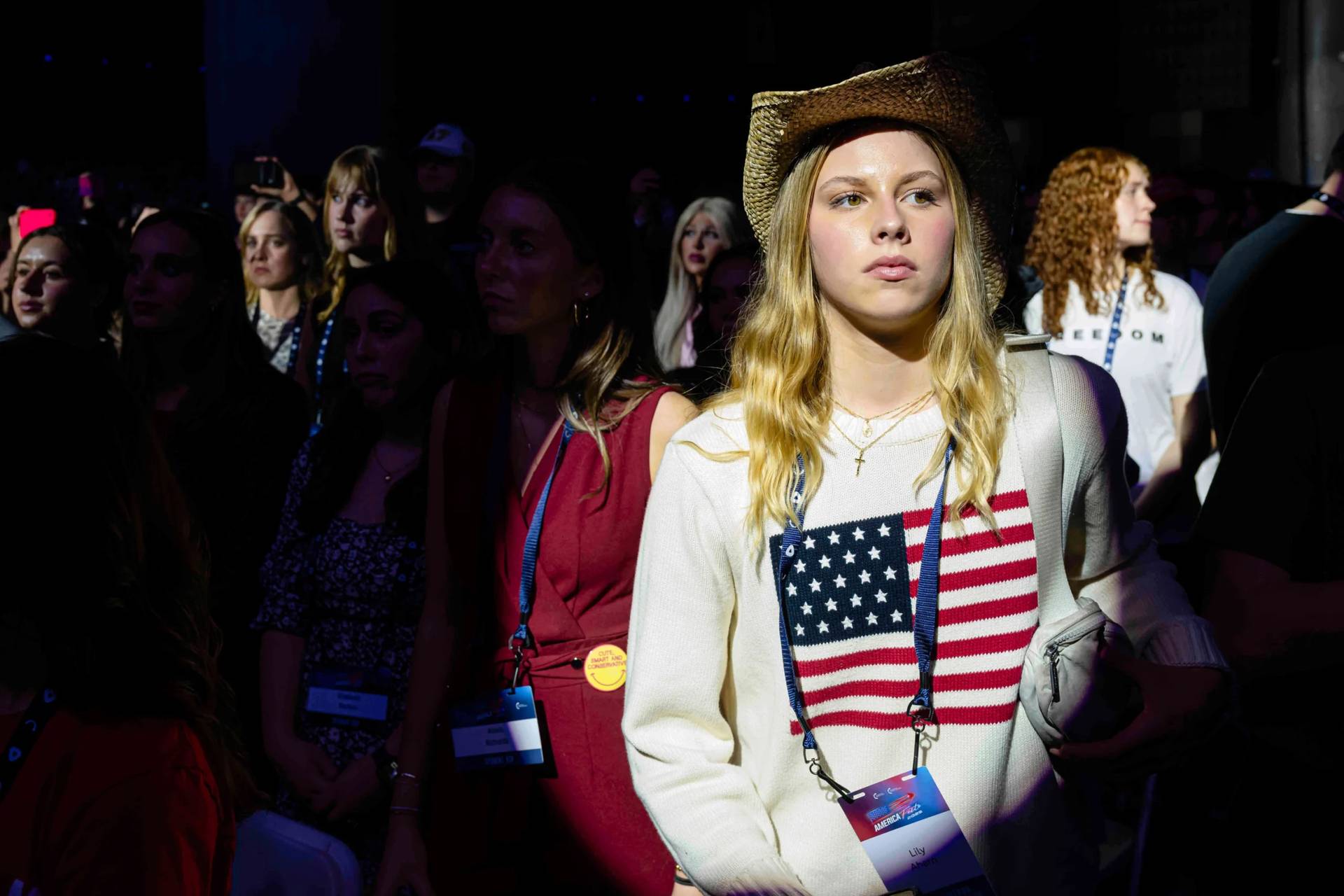ROME – As Cardinal Bernard Law received the customary funeral Mass in St. Peter’s Basilica on Thursday for a deceased cardinal, the question in many quarters in the United States was very simple: “Why?”
“Don’t these guys get it?” some Americans wondered, finding the idea of the pope himself saying prayers at the funeral to be an untoward sign of respect for a man who had become the public face of the child sexual abuse scandals in the Church.
To say the least, it doesn’t help that the celebrant of the Mass, Italian Cardinal Angelo Sodano, who was acting in his capacity as the Dean of the College of Cardinals, also has a checkered history when it comes to the Church’s abuse scandals. Among other things, Sodano was a principal patron of the late Mexican Father Marcial Maciel Degollado, founder of the Legion of Christ, whose own pattern of sexual abuse and misconduct was eventually acknowledged by his own order after a Vatican finding of guilt.
RELATED: Cardinal Bernard Law, symbol of Church’s abuse scandals, dies at 86
Without pretending to adjudicate the rights and wrongs of the situation, here are four things to think about vis-à-vis the Vatican sendoff for Law.
First, despite the routine funeral Mass on Thursday, this really wasn’t business as usual.
Whenever a well-known cardinal dies, gushing tributes usually follow in official media outlets, such as L’Osservatore Romano, the Vatican’s own daily newspaper, and Avvenire, the widely read newspaper of the Italian bishops’ conference. Generally, too, senior Church officials go on television to applaud the life and legacy of the late cardinal, enthusing over what a dedicated servant of the Church he was.
There’s been almost none of that this time around, signifying that Vatican officials do understand that this isn’t just any cardinal, and that public shows of affection or enthusiasm would be hurtful not only to victims but to all those scarred by the abuse scandals.
It’s also striking that turnout at Thursday’s funeral Mass was unusually light, despite being held in St. Peter’s Basilica, with ushers actually stacking up chairs that had been set out in anticipation of a larger crowd.
Second, however, and perhaps equally important, is this fact: Many in the Vatican don’t like being told what to do by Americans.
Yes, Vatican movers and shakers are aware that the financial contributions of American Catholic individuals and organizations are essential to the bottom line, and they’re also aware that good relations with the United States are critical to the Vatican being able to play any sort of constructive role on the global stage.
At the same time, many of the non-Americans in the Vatican also chafe at what they see as occasional American insularity, meaning an inability to comprehend that the way we see things isn’t always how the rest of the world does, and that the way we do things isn’t automatically the best strategy for everyone else too.
As a result, people sometimes take a perverse pride in defying American expectations, or simply not following the script as it might be dictated according to American sensibilities. In this instance, however, some critics will argue that it wasn’t broad American sensibilities at stake, but those of sexual abuse survivors everywhere — some Americans, but many not, including those in the Vatican’s own backyard.
Third, of course, there’s the fact that whatever else he may have been, Law was a cardinal of the Catholic Church, and from the Vatican’s point of view, he’s entitled to the same funeral rites everyone else gets.
From the long-range point of view, Law is hardly the first cardinal in the history of the Church to have made dubious decisions or engaged in conduct that’s arguably immoral, and a funeral Mass is not understood here as a form of absolution for those misdeeds. It’s more akin to a final send-off, placing the individual before God, who will be the final judge of their worthiness.
Finally, there’s the question of how Francis understood what he was doing on Thursday when he pronounced the prescribed prayers for Law’s ultimate commendation and valediction.
Fundamentally, Francis is a “Pope of Mercy.” His very motto as pope, which is the same as his motto as the Archbishop of Buenos Aires, is miserando atque eligendo, or “choosing through the eyes of mercy.” This is a pope who believes in forgiveness, mercy, and the tenderness of God even in regard to the greatest sinners more than almost anything else.
As a result, Francis no doubt understood the funeral Mass as an act of mercy, whatever his personal judgment of Law and his record on the abuse scandals may have been.
For all those reasons, holding the funeral Mass likely struck most people in the Vatican as the right thing to do – as did, it would seem, downplaying it as much as possible, in recognition of the fact that it wasn’t just any cardinal whose remains were being placed in front of God’s final verdict.















